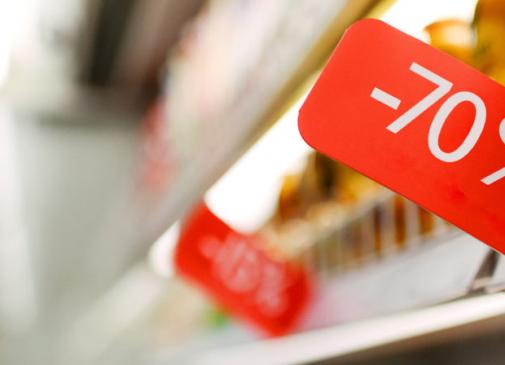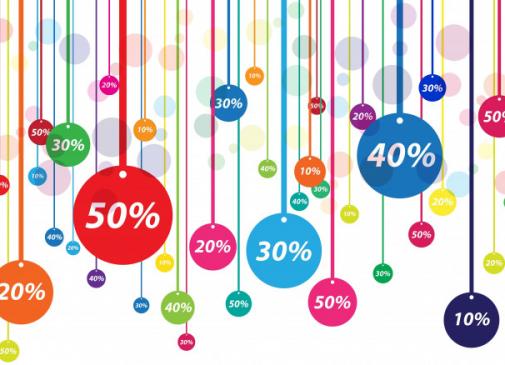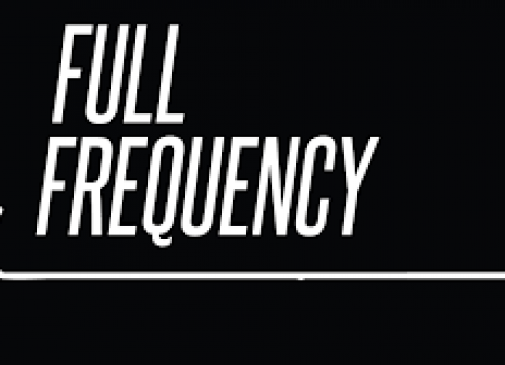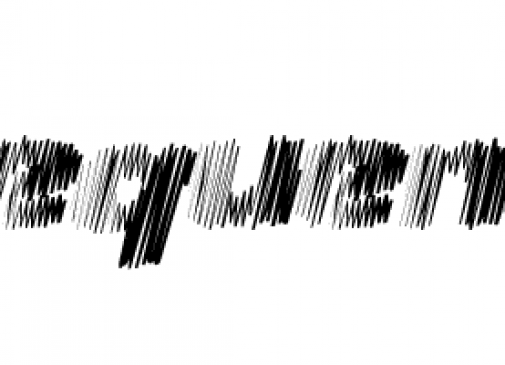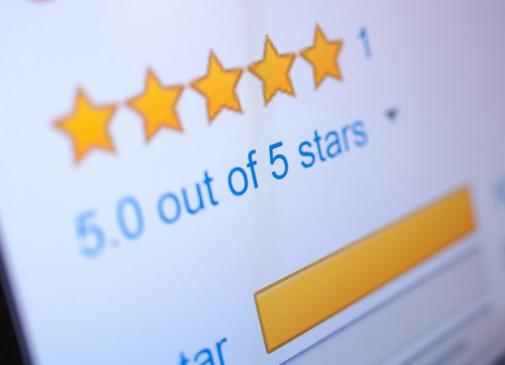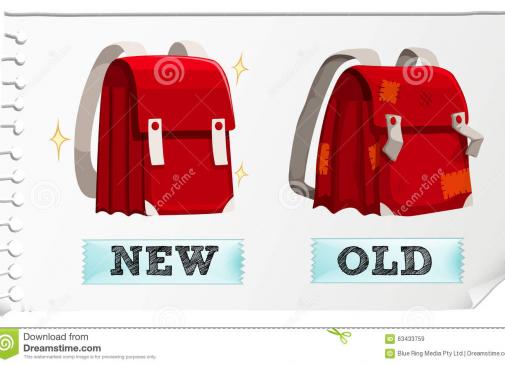The economic recession brought with it new opportunities for supermarkets and drugstores to attract consumers who are keen on saving on everyday purchases. One of the simplest strategies to trim bills has been to swap brand names for to cheaper generic “no-name” brands sold only at specific chains. Consequently, private label products received a big boost on the store shelf and on clients’ shopping lists. In total, private label in the U.S. now accounts for more than 20 percent of grocery store sales and 18 percent of superstore sales.
The economic recession brought with it new opportunities for supermarkets and drugstores to attract consumers who are keen on saving on everyday purchases. One of the simplest strategies to trim bills has been to swap brand names for to cheaper generic “no-name” brands sold only at specific chains. Consequently, private label products received a big boost on the store shelf and on clients’ shopping lists. In total, private label in the U.S. now accounts for more than 20 percent of grocery store sales and 18 percent of superstore sales.
In Europe, private labels have also registered a significant growth of market share. The trend has been maintained in spite of increased promotional activity of name brands, bent on slowing down the private label's spectacular growth. Private labels conquer both emerging markets and countries with strong economies, such as Germany, Netherlands and Austria. Store brands accounted for the majority of products sold in Switzerland (53 percent) and Spain (51 percent). Their market share exceeded 40 percent in Great Britain, Germany, Belgium and Portugal. In France, sales of private label products once again constituted more than one third of total sales. Private labels registered the biggest growth in Poland, increasing their market share to 28 percent. In Hungary and Slovakia, private labels account for 30 percent of the market, and 27 percent in Czech Republic.
Consumers No Longer Believe Higher Price Equals Top Quality
Products featuring nationally recognized name brands tend to cost more than their generic private label equivalents. But the belief that higher price means superior quality is less and less popular. By late 2010, surveys indicated that 93% of consumers had changed their grocery-shopping habits because of the economic downturn, and many of them did so by trying out more store-branded goods. For the most part, consumers have been impressed by the no-name brands, with many of them scoring well in blind taste tests. Consumers have also realized that many “generic” store-brand foods are actually made by the same companies that produce the higher-priced name-brand stuff. Often the only difference is the label. Switching to a store brand is often an easy way to save 30% or so, without sacrificing quality. As store brands inched up in popularity, private-label prices rose as well. Even so, it’s still common for store brands to cost 25% to 30% less than their name-brand equivalents at full retail prices.
Useful Facts About Private Labels
“Private Label” report from the Integer Group offers some valuable insights pertinent to store brands. Here are some key findings:
Women are most likely to check out private labels.
77% of all consumers report scoping out both private-label and name-brand products before making purchases. However, 9 in 10 women are known to look at both options before making their choice.
Men are less fussy with generic health-and-beauty products.
While 74% of women report a preference for name-brand health-and-beauty merchandise, just 56% of men say they prefer name brands.
Brands make a big difference with laundry detergent. 69% prefer name brands in the category.
Coupons and sales help boost name brands. Of those who stick with name brands, 45% say they do so at least partly because they can find coupons for their brands , and 41% say their brand is often on sale (up from 36% two years ago).
Fewer people believe a brand name means top quality. This is a real reason to worry for manufacturers who are convinced that they can be successful just because they have a nationally known brand. In a recent survey, 64% consumers agreed with the statement “Brand names are not better quality.”
Sources: www.deloitte.com, www.portalspozywczy.pl, http://business.time.com/

